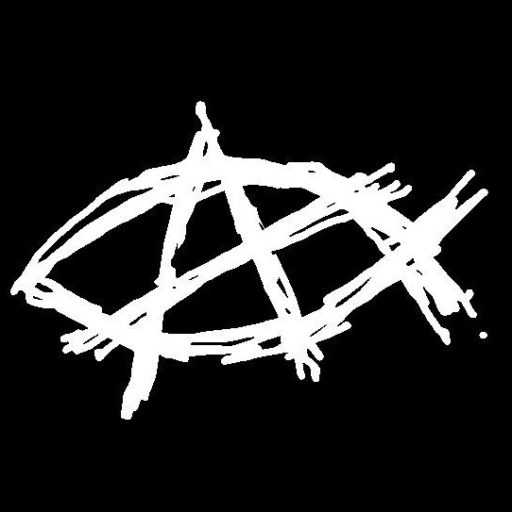
US reporting on foreign politics has been unusually active with the recent Brazillian presidential election win of Jair Bolsonaro. Mostly, the media seems fixated on any resemblance to Trump’s philosophy he might have, and this is true for both the American Right and Left. Conservatives see it as a possible changing of political tides in a global perspective. Democrats seem fearful of a “far-right” victory. Libertarians seem torn between the overt militaristic authoritarian nature of Bolsonaro, and his possible support of libertarian philosophers.
While listening to a recent episode of Albert Mohler’s The Briefing, I was struck by a few remarks that are telling of the way a more rational Christian conservative worldview interprets political ideologies. It shows the great chasm in philosophy we need to cross, and the time it takes to untangle generations of misgivings about government control.
As Mohler concluded, after briefly touching on both sides of the Bolsonaro coin, he went on to make objective claims on anarchy and liberty. He has been very outspoken in the past about the fault he finds in libertarianism, but his comments here showed a deeper misunderstanding than just a misrepresentation of libertarianism. His statement is as follows:
“Christians can discuss any number of arguments about which form of government, even which form of democracy is superior, but the Bible makes very clear that the worst condition of government of all is the condition of anarchy. It is disorder, because disorder leads to a breakdown of morality, it leads to violence, and of course it leads to a hampering of every dimension of human flourishing including the economy. Liberty, ordered liberty is only possible because citizens trust one another, and that trust is earned. We have to hope that over the next several years in Brazil that trust can be re-earned, both by the government and by the people.”
Quickly we see the widely accepted definition of anarchy, “disorder,” but also a sneaky and misinformed definition of “liberty.”
Disorder
There shouldn’t be much fault found in people for holding this view of Anarchy. It is unquestionably the widely spoken definition. However, scrutinizing the fully laid out conclusion from Mohler’s anarchy will lead to a necessary reevaluation of the definition.
“The Bible makes very clear that the worst condition of government of all is the condition of anarchy.” First and foremost, this is not true (at least within the correct definitions of anarchy and disorder that will be shown from examining his next sentences). In the context of his point, however, Mohler is correct that the Bible explicitly speaks against the chaotic nature of revolutionaries that will take on the title Anarchist.
“It is disorder, because disorder leads to a breakdown of morality, it leads to violence…” An interesting thought experiment to find inconsistency in this comment would be to ask a series of questions to anyone that agrees. Even though this is likely a popular opinion, ask, “Is the US government bigger now than it has ever been?” Christian conservatives most likely, and rightfully, believe it so. Then ask, “Is the United States more violent, and is it also experiencing a breakdown in morality?” Again, the answer will most likely be, “Yes.” So there’s the paradox. If anarchy brings violence and immorality, why are we experiencing the increase in both alongside the increase in government, the antithesis to anarchy?
“it leads to a hampering of every dimension of human flourishing including the economy. ” Again, Christian conservatives find themselves in an inconsistent state. Whereas most will announce loudly that the best option for economic progress is the lessening of regulations for things such as enforced Unions or minimum wages, it is exactly the increase of government that brings that hampering. Anarchy removes the government before it can even intervene, so who is doing the hampering here? It’s hard to make it any clearer: what can be described as economic hampering comes from a government, not the lack of it.
Ordered Liberty
Mohler contrasts anarchy with liberty, and he adds a sneaky qualifier, “ordered.” This is everything needed to draw a clear picture of how he defines liberty, which is unfortunate for two reasons: one, it’s incorrect, and two, its common. “Ordered” denotes a central control. Liberty cannot be centrally controlled. It can be protected by a group, but not controlled. Mohler, like so many, desires a society of laws that adhere to his faith’s moral code. This is completely understandable, but if someone isn’t free to remove himself from that order, then there is no liberty. Ordered liberty is idealistic, but becomes an oxymoron when we look to apply a government approach.
Xeroxed Liberty
Lastly, in case this needs to be said, do not misunderstand my attitude toward Albert Mohler. Although we differ greatly on political and social prescriptions, his positions are suitable for critique because they are well stated, and represent a majority opinion in American evangelicalism. Not only is the majority of Mohler’s generation in agreement with him, they’ve also dogmatically passed down the same misunderstandings to later generations. This is what has led to the majority opinion today. The problem: multi-generational misunderstanding is like a copy of a copy of a copy. Most Christian conservatives like to think they follow in a long history of liberty from the founding fathers, but the current rhetoric does not match the latter. The irony here, is that Mohler’s ideal ordered liberty society can only exist in a voluntary stateless society. That is to say, it can only exist in anarchy.
_________________________


 Find it on
Find it on 
